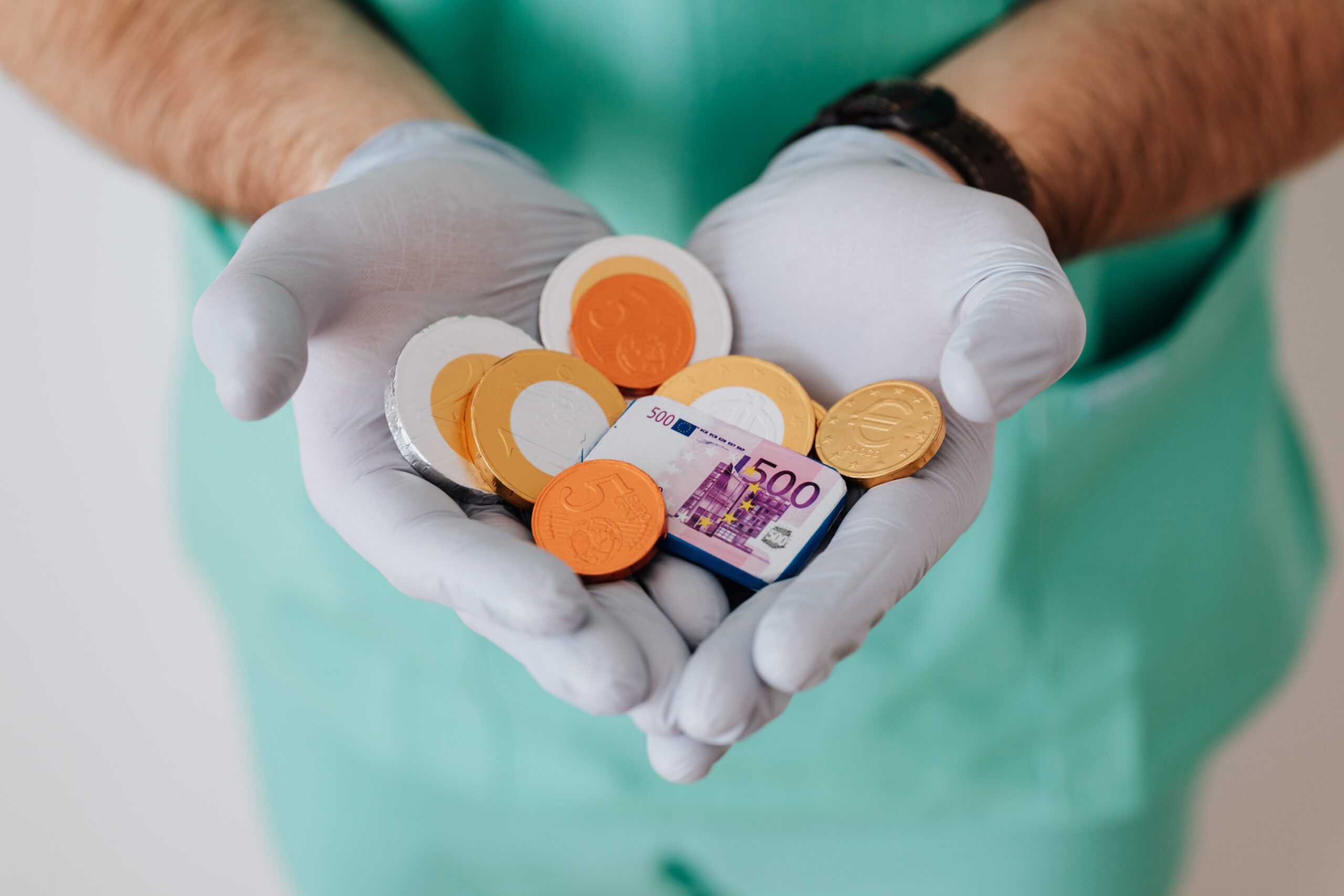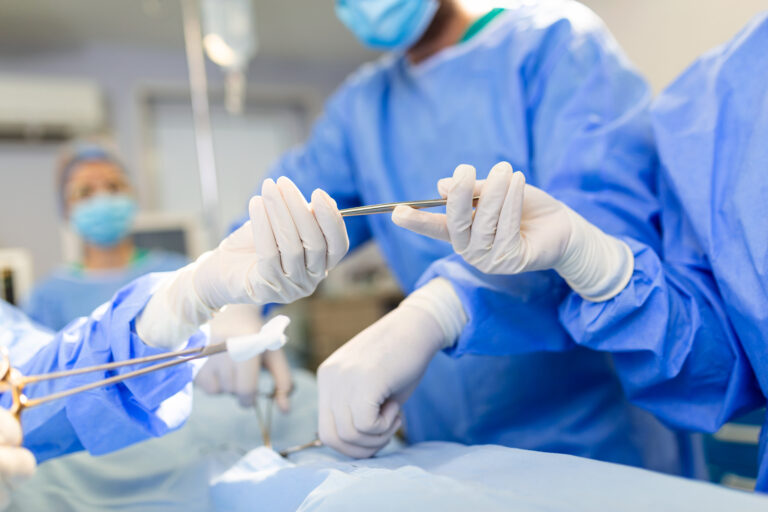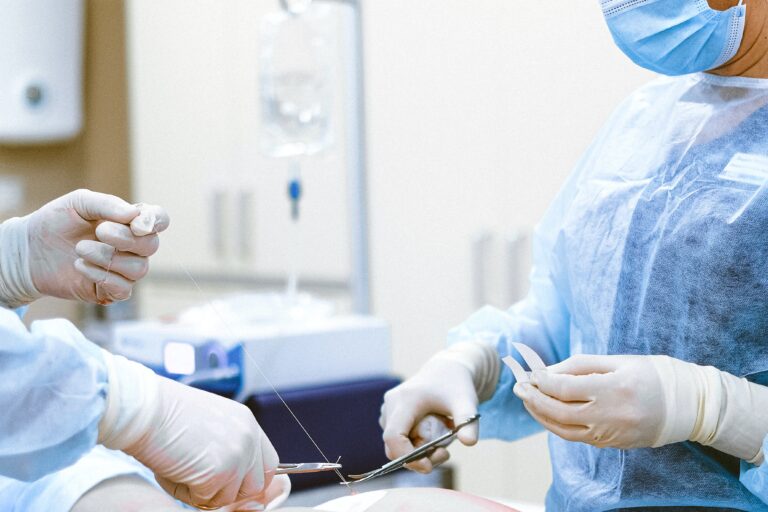How to get insurance to pay for a breast MRI?
We apply for insurance so that the high cost of medical services does not kill our bank account under their weight. Without insurance, you would have to pay a behemoth amount for even mediocre health checkups or small-scale surgeries.
By investing in these schemes, you can save yourself from the rising cost of healthcare, hospitalization, and even prescription drugs, among other things. But these medical insurance policies can vary in their coverage and costs.
Hence, we have the answer if you want to know how to get insurance to pay for a breast MRI.
How to get insurance to pay for a breast MRI?
In the USA, the guidelines for breast cancer screening, preventive measures, and private insurance coverage services are laid down by the United States Preventive Services Task Force (USPSTF) and the Health Resources and Services Administration (HRSA). According to these organizations, insurance companies and state Medicaid expansion programs are required to cover a set of breast cancer screenings and other medicated preventive services at no cost to the patient. These services include:
- Mammography of the patient every 2 years.
- Frequent mammography of the patient aged from 40-72 years of age with an average risk of breast cancer.
- Preventive measures and medication for women with high-risk breath cancer but low adverse effects.
- Genetic counseling and tests for mutation of the BRCA1 and BRCA2 genes in patients with a family history of breast cancer.
If you fall under the above-stated categories, your insurance company will take care of your MRI and other screenings. However, different states follow different rules when it comes to paying for breast MRIs, and the most common factor that insurance companies consider is the patient’s necessity. In states like Illinois, New York, etc., insurance usually covers ultrasound and other tests without copy or deductible if the patients have dense breasts. But, in states like New Jersey, insurance will cover additional tests only with extremely dense breasts and if the patient meets the high-risk criteria.
Is MRI necessary for dense breasts?
The necessity of an MRI depends on the patient. Mammography cannot correctly diagnose cancer in a person with dense breasts as denseness makes detecting such a severe problem harder. Therefore, an MRI is a safer and more assuring option from which nothing can escape. So we would advise patients with similar breasts to get an MRI for additional safety.
How to prepare for a breast MRI?
- Do inform your doctor if you are pregnant because MRIs are not recommended due to the high risk of gadolinium contrast to the baby.
- Avoid wearing watches, pieces of jewelry, belts, and other metal accessories on your appointment day.
- Mention the allergies to your doctor in advance to avoid complications.
- According to medical experts, a breast MRI should be scheduled on the first day of your menstrual cycle. Let your doctor know so that MRI can be scheduled on the due date.
Frequently Asked Questions (FAQs)
1) Why do I need a breast MRI after a breast ultrasound?
Breast ultrasound and breast MRI are essential examinations through which one can identify whether they have breast tumors.
An MRI shows better results and additional information about any suspicious area that ultrasound pinpoints. Through MRI, you can also distinguish between a benign and malignant breast lesion; it can also detect small cancers which might not be visible in an ultrasound.
2) When is the best time to get a breast MRI?
If your family has breast cancer, you might also be at risk. So, in this case, it is best to have an annual mammogram and MRI tests for safety purposes.
Both these tests can be conducted on the same day or months apart, according to whatever suits your schedule or situation.
But the best time to do an MRI is between days seven and fourteen of the menstrual cycles, as then, the breast tissues will be better observable.
3) How accurate is MRI on the breast?
When it comes to detecting breast cancers in women who have dense breast tissue or with a high risk of acquiring breast cancer due to family history, MRI is the most beneficial. It also helps provide additional information about the cancer’s size, location, and extent.
Studies have shown that MRI can be more accurate than mammography or ultrasound. However, it is not a perfect test, and like any medical exam, it can produce false-positive or false-negative results.
False-positive results are when the results suggest the presence of breast cancer when there is none, while false-negative is when the MRI fails to detect breast cancer that is present.
Wrapping It Up
We hope we have helped you with the information on MRI and your medical insurance. Breast cancer is a vital concern for many women, so we advise you to take the MRI test occasionally to avoid such a threat.
Please take advice from your Insurance carriers before going through with the advice mentioned in this article. Insurance carriers offer up to date advice that may vary on case to case basis.





